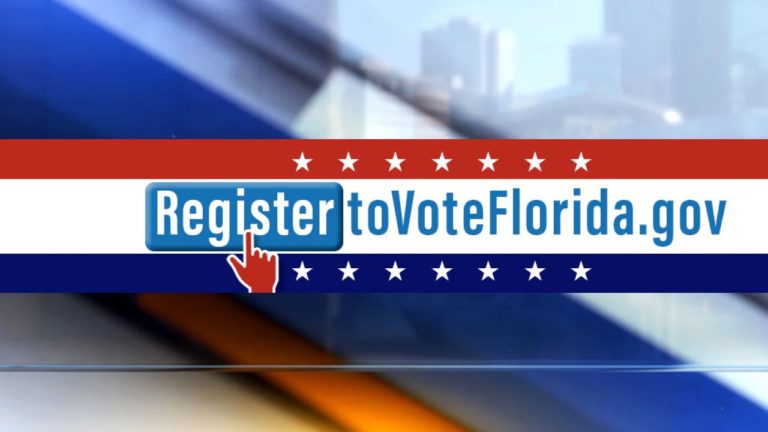Many of Florida’s local election officials — who have been unable to get any clear instructions recently from the state — said they will start adding voters to the rolls in January even if they had been convicted of felony crimes.
The state’s voters in November approved Amendment 4, which says most felons will automatically have their voting rights restored when they complete their sentences.
The passage of the measure, which does not apply to those convicted of sex offenses and murder, could upend elections in the battleground state where elections have been decided by razor-thin margins. As many as 1.4 million former felons could become eligible.
Yet since the amendment passed with nearly 65 percent of the vote, there has been an argument over whether the amendment takes effect automatically Jan. 8. Some of the groups that pushed the amendment have said they are ready to go to court if there are any delays.
Republican Gov.-elect Ron DeSantis suggested recently that the amendment will not take effect until the Florida Legislature acts. Lawmakers don’t start their annual session until March. Outgoing Gov. Rick Scott, through a spokesman, said it is not to up him since he’s leaving office. Secretary of State Ken Detzner, who oversees the state’s division of elections, has provided no guidance to the state’s 67 election supervisors.
Many election supervisors across the state have responded by saying they plan to accept registration applications and it will be up to the state to determine if the applicants are ineligible. The existing application in Florida requires someone to sign under oath that they have had their rights restored.
“We take the people at their word and register them to vote,” said Mark Earley, the supervisor for Leon County.
Paul Lux, the Republican election supervisor of Okaloosa County, added that “it’s on the voter” and that they check their status before they register.
One notable supervisor who has not said what he plans to do is Peter Antonacci, the Broward elections supervisor who was appointed by Scott after he suspended Brenda Snipes from the job.
Antonacci, who used to be Scott’s general counsel, said he was waiting until January before deciding what to do. Broward is a Democratic stronghold.
But he did disagree with the supporters that the amendment automatically takes effect Jan. 8.
“This idea that the amendment is self-executing is wishful thinking,” said Antonacci.
Until the amendment passed, Florida’s constitution automatically barred felons from being able to vote after leaving prison. The state’s clemency process allows the governor and three elected Cabinet members to restore voting rights, although the governor can unilaterally veto any request. The process has changed over the years.
Shortly after taking office in 2007, then-Republican Gov. Charlie Crist convinced two of the state’s three Cabinet members to approve rules that would allow the parole commission to restore voting rights for non-violent felons without hearings, and within a year, more than 100,000 felons were granted voting rights. Scott and Attorney General Pam Bondi and other state officials changed the system in 2011 and since then, fewer than 3,000 former prisoners have had their rights restored.
Florida’s next governor came under fire after he gave an interview earlier this month where he maintained that the amendment could not go into effect until after the Legislature took action. DeSantis, who was opposed to the Amendment 4, has not further explained his remarks.
But Dave Vasquez, a spokesman for DeSantis, said Thursday that “the governor-elect intends for the will of the voters to be implemented but will look to the Legislature to clarify the various questions that have been raised.” Some critics of the amendment have said that legislators need to step in to define exactly what crimes would make someone ineligible.
Melba Pearson, interim executive director of the American Civil Liberties Union on Florida, said that last week that “a delay would be in direct opposition of the will of Florida voters. The only responsibility Gov.-elect Ron DeSantis has right now is to direct state agencies to proceed without delay to register voters consistent with state law, including Amendment 4.”
(AP)










